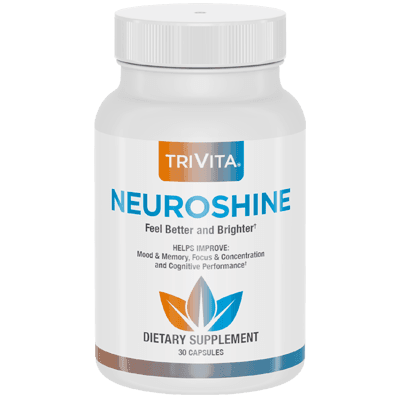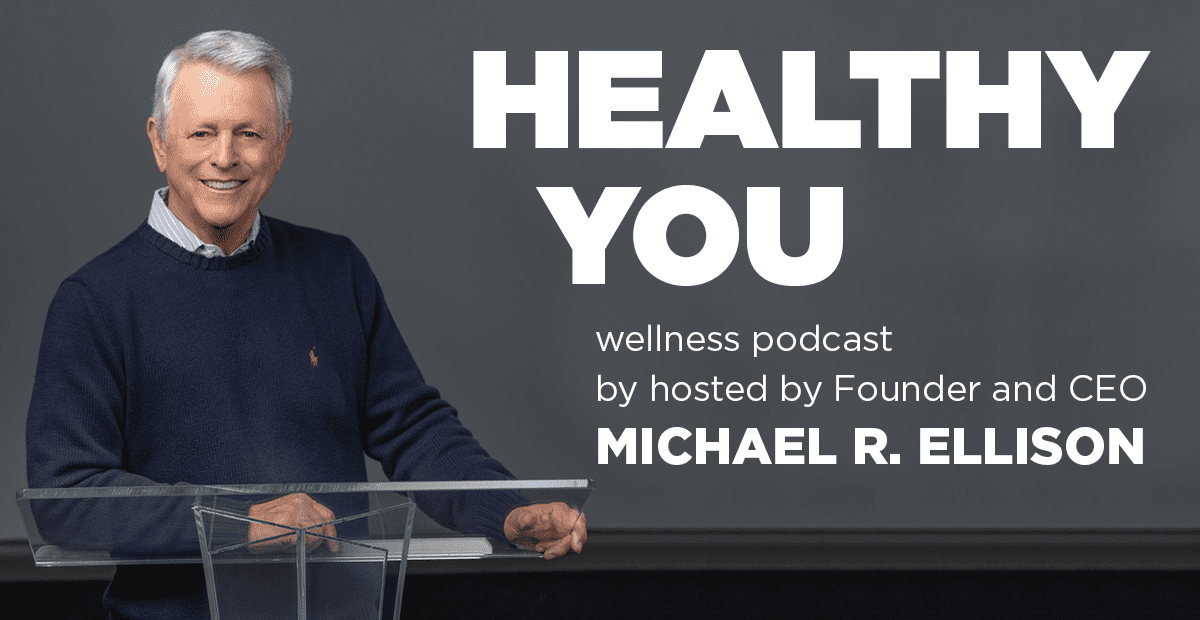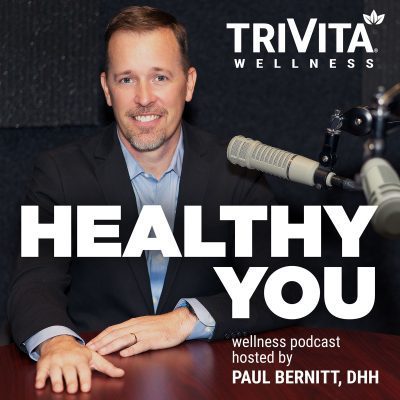Improve your sleep through the science of sound, light, and relaxation
As you age, your quality of sleep naturally decreases. It’s unclear as to exactly why it happens, but there is increasing evidence indicating simple lifestyle changes can help improve your quality of sleep regardless of age.
Enhancing your sleep won’t only improve your energy and alertness; it also impacts your overall health as well. Sleep expert and researcher, Daniel Gartenberg, Ph.D. is currently studying the neuroprotective benefits of improved quality of sleep. He received a grant from the National Institute of Aging and is researching the cognitive benefits of sleep in terms of the development of amyloid plaque, which is thought to be associated with the development of some forms of dementia such as Alzheimer’s disease.
However, Dr. Gartenberg stresses that sleep is important for more than just cognitive benefits. It affects your work or athletic performance, life expectancy, and is strongly tied to cardiovascular health as well. “What’s always motivated me is this idea that sleep is something we don’t have a lot of conscious control over, and if we could just make it a little more regenerative, it could have major health implications,” explains Dr. Gartenberg. “When we say that sleep is the new fountain of youth, we’re really emphasizing that research is showing that quality of sleep is associated with almost every chronic health condition.”

Your circadian rhythm is your internal clock. It’s a 24-hour clock that cycles between alertness and sleepiness, also known as your sleep/wake cycle. Everyone’s circadian rhythm is slightly different, but there are things you can do to establish this rhythm and get a more regenerative night of sleep. Some habits that influence your sleep/wake cycle include your sunlight exposure, diet and meal timing, and what time of day you exercise.
“Certain environmental cues can impact your genetic expression. Some people are more or less flexible, but you can entrench this rhythm and shift it through environmental cues. Sunlight is a major one,” explains Dr. Gartenberg. “I’m a big fan of morning and wind-down rituals. In the academic world, we talk a lot about creating stimulus control. For example, establishing cues before you go to bed to tell your body that it’s now time to relax. And then in the morning, having different cues to signal to your body that it’s time to wake up.”
Practical changes that can improve your sleep include:
- Reducing blue light exposure at night
- Playing certain sounds while sleeping
- Controlling body temperature at night
- Getting adequate sunlight exposure during the day
- Limiting disruptions, including removing pets and electronics from the bedroom and finding solutions if you share your bed with a partner
Two of the major areas of focus in sleep science right now include sound therapy and light exposure.
“There was an article in 2013 from a lab in Germany that found that if you play certain sounds at the right stage of sleep, you can prime delta waves, which are associated with more regenerative sleep,” says Dr. Gartenberg. “That’s one thing we’re focusing our research on, and we’re about to publish a study that shows we can increase deep sleep by playing specific sounds. The sounds are similar to ocean waves, and they’re playing at the same frequency as your delta brainwaves. This could be a big idea, especially when the alternative is receiving a prescription for some drug that has all kinds of side effects.”
Another intervention that Dr. Daniel Gartenberg suggests is sunlight exposure. He says that getting as much as 30 minutes of direct sun exposure before noon is one of the easiest ways to improve your quality of sleep. “The media has focused on no blue light at night, but you have to also look at the other side of the coin. When you are exposed to light during the day, and especially the morning, it gives your body the signal that it’s time to be alert, therefore entrenching that rhythm.” Dr. Gartenberg understands that some people don’t have access to full sunlight year round. For those individuals, he suggests using a sun lamp, also referred to as a light therapy lamp or box.
While there is still much to learn about sleep and its far-reaching effects on human health, Daniel Gartenberg strongly believes that constant stimulation from technology and incoming information contributes to impaired rest and relaxation. “Technology nowadays sets us up for fight-or-flight mode, and that’s one of the driving forces, I think, behind why sleep quality is getting worse. We’re bombarded with information and sleep is how our brains make sense of it all. We need to sleep more and sleep better. Which is one of the main impetus for what we’re doing with our research.”
If you’re ready to start sleeping more soundly, visit SonicSleepCoach.com. There you’ll find more information about Daniel Gartenberg, Ph.D., his research, sleep coaching, and other services to help enhance your sleep.










